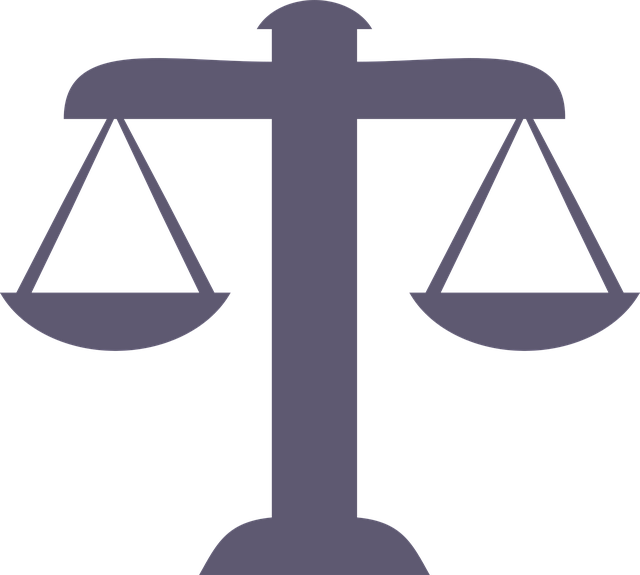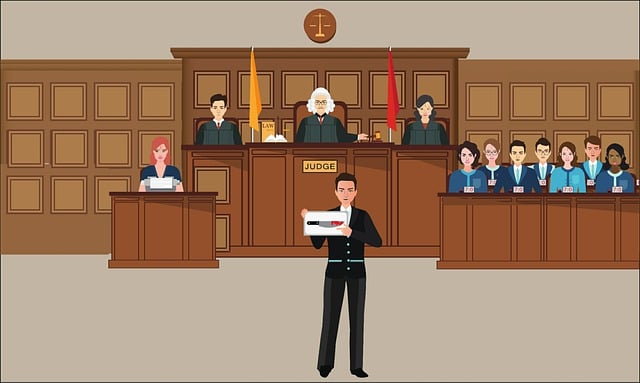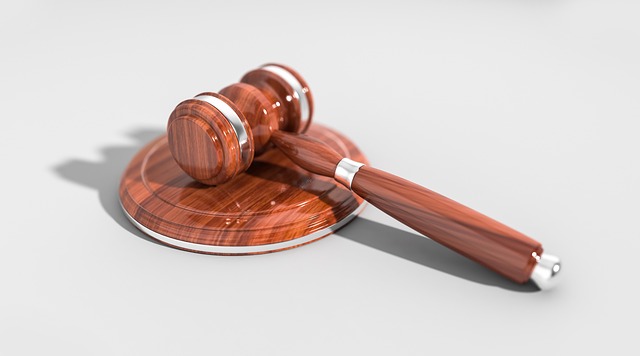Understanding Criminal Appeals and Post-Conviction Relief is vital for ensuring fairness in the justice system. While appeals focus on trial errors, PCR addresses ineffective counsel, new evidence, and sentence discrepancies. Differentiating these processes is crucial for legal professionals, especially when representing white-collar crime defendants. Effective arguments require thorough research, case law analysis, and jurisdiction-specific knowledge to navigate appeal and PCR successfully.
“Delve into the intricate world of criminal law with our comprehensive guide on navigating legal complexities. From understanding criminal appeals, where defendants seek justice by challenging their convictions, to exploring post-conviction relief as a safety net after direct appeal fails, this article illuminates key differences.
We dissect the timing and scope of review between these two processes, offering insights into successful legal arguments in criminal cases. Essential for legal professionals and enthusiasts alike, this piece unravels the nuances of Differences Between Appeal and Post-Conviction Relief, ensuring a clearer understanding of criminal justice procedures.”
- Understanding Criminal Appeals: A Defendant's Right to Challenge
- Post-Conviction Relief: When Direct Appeal Falls Short
- Key Differences: Timing and Scope of Review
- Strategies for Effective Legal Argument in Criminal Law Cases
Understanding Criminal Appeals: A Defendant's Right to Challenge
Understanding Criminal Appeals provides defendants with a crucial right to challenge their conviction or sentence if they believe errors were made during their initial trial. This process allows for a second look at the case, ensuring fairness and accuracy in the criminal justice system. However, it’s important to distinguish between criminal appeals and post-conviction relief, which serve different purposes. While appeals focus on correcting legal errors or procedural failures that occurred at trial, post-conviction relief delves into claims of ineffective assistance of counsel or newly discovered evidence that could have significantly altered the outcome.
For those involved in white-collar crimes, achieving extraordinary results through a well-argued appeal can be life-altering. Jury trials, for instance, present unique challenges and opportunities, and a skilled attorney can navigate these complexities to secure a favorable verdict. Understanding when and how to pursue an appeal is essential, as it can significantly impact the course of a criminal case, potentially leading to reduced sentences or even complete dismissals under certain circumstances.
Post-Conviction Relief: When Direct Appeal Falls Short
After a conviction, many defendants turn to post-conviction relief as a way to challenge their sentence or outcome. While direct appeal and post-conviction relief both aim to rectify legal errors, they operate under distinct procedures with key differences. Where direct appeal typically focuses on reviewing the trial process for errors that occurred during the initial proceedings, post-conviction relief allows defendants to raise claims of ineffective assistance of counsel, newly discovered evidence, or issues related to their sentence that weren’t previously addressed.
For white-collar defense cases, which often involve complex financial crimes and require a deep understanding of both business and legal landscapes across the country, post-conviction relief can be particularly important. Defendants facing such charges may benefit from this process to ensure their rights are fully protected, even if initial appeals fail to address specific issues that arise in these intricate cases.
Key Differences: Timing and Scope of Review
In the realm of Criminal Law, understanding the key differences between appeal processes and Post-Conviction Relief (PCR) is paramount for both legal professionals and those affected by criminal cases. While both involve reviewing a conviction, they significantly vary in terms of timing and scope. Appeals are typically initiated immediately after a guilty verdict or sentence is handed down, allowing defendants to challenge the validity of their trial proceedings. This process scrutinizes errors that occurred during the initial trial phase, such as improper witness testimonies or violations of legal rights.
In contrast, PCR offers a more comprehensive review, often employed when new evidence emerges or legal precedents change, impacting cases across the country. Unlike appeals, which primarily focus on trial-level errors, PCR can consider issues related to ineffective assistance of counsel, wrongful convictions, or procedural unfairness that may have occurred at any point during the criminal justice process. This broader scope is particularly relevant for general criminal defense practices serving corporate and individual clients alike, as it ensures a more thorough examination of potential miscarriages of justice.
Strategies for Effective Legal Argument in Criminal Law Cases
In criminal law cases, crafting compelling legal arguments is paramount to achieving a favorable outcome. One effective strategy involves thorough research and understanding of both the facts and applicable laws. Lawyers should delve into relevant case law, statutes, and regulations to build a solid legal foundation for their arguments. Additionally, presenting clear and concise evidence, whether it’s witness testimonies, physical proof, or expert opinions, can significantly strengthen one’s position.
When advocating for clients across the country, particularly in high-stakes cases like white collar defense, recognizing the unique nuances of each jurisdiction is crucial. The differences between appeal and post-conviction relief processes must be carefully navigated. Appeals often focus on errors in the original trial, while post-conviction relief may address issues that were not previously raised, such as ineffective assistance of counsel or newly discovered evidence. Tailoring legal arguments to these distinct procedures enhances the chances of success.
In navigating the intricate landscape of criminal law, understanding the nuances between a direct appeal and post-conviction relief is paramount. While both processes aim to ensure justice, they differ significantly in timing and scope, with appeals focusing on errors during trial and post-conviction relief delving into claims that were not previously addressed. By employing effective legal arguments grounded in these distinctions, defendants can advocate for their rights, seeking reversal or modification of their convictions. Remember that strategic navigation through these procedures is key to ensuring a fair outcome in the criminal justice system.






